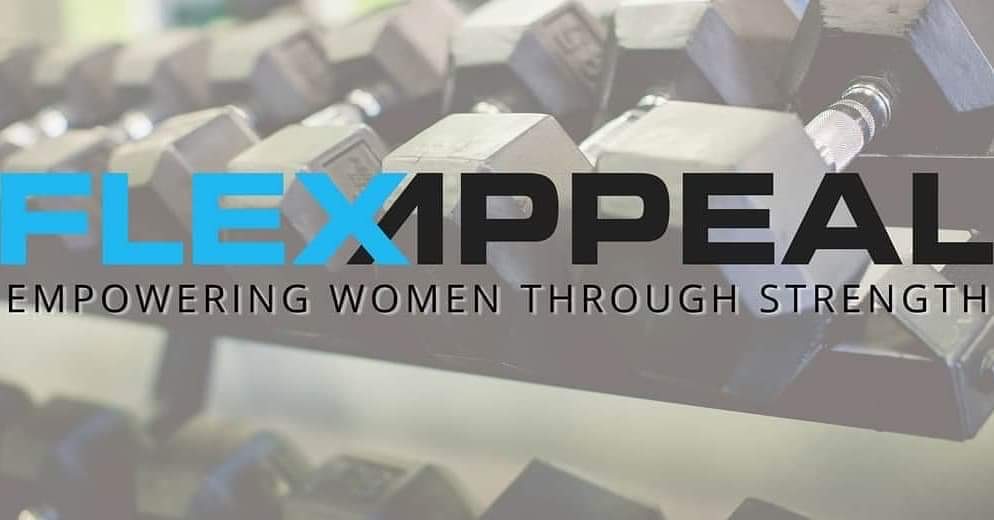By Sandra Brown Scheller

I have operated most of my fitness life with a common misconception. I completely misunderstood the type of person who most needed a fitness trainer.
I have many friends who do daily home workouts, and I admire them for their discipline and expertise. These are all women who grew up playing sports, so they know how to move, what to move, and when to move. As they talked about their workouts. I would nod, and wonder what the heck they were talking about.
I definitely needed to add movement to my very sedentary life. I just did not know how.
I needed help, and I was encouraged to find someone to help. I joined a gym—no, through the years I joined several gyms, took exercise classes, bought home exercise programs. I would be consistent for several weeks, then hurt myself, embarrass myself, or get bored—and quit. What I needed was structure, encouragement, advice, and a plan. But who? How? And where?
I had heard of these things called personal trainers, but the idea was laughable! Surely trainers were for potential Olympians and profession athlete wannabes. I had little money, limited time, no talent, and no experience. What would be the benefit or personal trainer for me?
I had no idea that the people who are most likely to benefit from personal trainers are people who look a lot like me.
Why does a retired person with health issues need fitness training? I had no desire to ever compete in any type of athletic endeavor. I had been forced to leave a career I loved (teaching) because I simply could not manage the physical aspects of the job as effectively as I once had. My health issues were numerous and complicated, so while the desire to interact with the world remained, my body gave out. And I took early retirement (well, earlier than I planned) at 56, hoping to rest up a year or two and find another job.
Unfortunately, my recovery would take more that just resting up; I would have to physically exert myself to regain the ground lost by arthritis, inactivity, pain, and loss of mobility. How can you exercise when vacuuming is more than you can manage or when a quick run to the grocery store for milk calls for an electric cart and an inhaler?
As a never athlete, I had no idea what kind of movement I could or should do to improve my situation. I had no vocabulary to identify the muscles that hurt, and no clue how to make the pain stop. With all my issues, I could not just hop on a treadmill and fix myself, although I did try. Some day I may tell the story about the time I got stuck in an exercise machine—backwards—at a local gym. It took me several minutes to extricate myself, and I left embarrassed and frustrated. Not that anyone noticed.
The truth is, I need someone to notice. I need a trainer to notice how I hold a piece of exercise equipment and to tell me what to do for a muscle cramp. I need a human to demonstrate the correct way to do a movement, and to tell me which movements to do—and even more importantly—to tell what not to do. I am an all or nothing type, and that can be dangerous when I lack the skill to go all in. I need a voice of reason who says, “You are done for the day” or “get a drink”. Because sometimes I get so focused on the destination, I forget it’s really about the process: consistency, breathing, and being flexible—in more ways than one.
The gym is not my natural environment; I think I am the only person there who has named all the kettle bells. However, I have been a member/participant/trainee for going on three years now. I have seen myself graduate from individual training to participation in a class with modifications the trainer makes to accommodate my needs.
Am I a 112 lb. supermodel now? No, but I feel better. I can move better. Fewer things hurt, and when they do hurt, I have someone to figure out why I hurt and how to stop hurting. I drink more water now, eat more vegetables. I feel more positive about myself because I have remained committed to my training through quarantine, heart issues, arthritis pain, temporary blindness, and migraines. I am more intentional in my movements, in my diet, and in the managing of my time.
I have written all that to say: If you are not a gym person, get a trainer. If you are not great at working out, self-motivated, or athletic, get a trainer. If you need help, get a trainer. If you need encouragement, get a trainer. Having a knowledgeable, professional trainer with you is like having a life coach, nutritionist and physical therapist, and friend all in one. It is a wise investment of your time and money.
And if you want to be part of a fellowship that lifts you up and helps you become a more active part of your community, check out FlexAppeal.
Sandra Brown Scheller
Member and future gym rat
